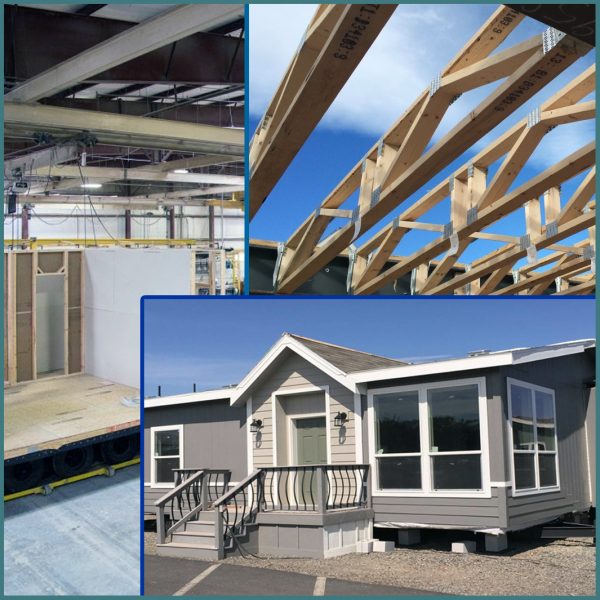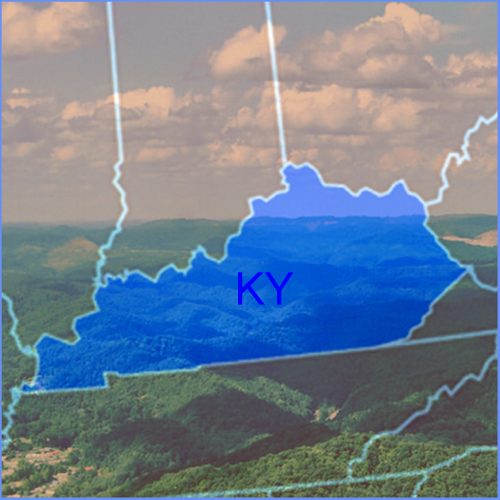Stretch codes can be engaged in addition to base codes to lead the construction industry to use less energy, have a less negative impact on the environment, and achieve higher levels of occupant health and comfort for everyone. Stretch codes encourage the use of best practice approaches that take advantage of advances in building science and technology.
Read MoreThe Language of Manufactured Homes
A manufactured home has been called many things over the years. The list includes mobile home, trailer, double wide, modular home, pre-manufactured home, pre-fab home, tiny houses, and even a park model. Did you know that none of the terms on this list are correct to use? It is important to call a manufactured home by what it is, manufactured housing. When using the other terms, you are misleading a consumer, perpetuating a myth or misunderstanding regarding the quality of the product, and adding confusion for building officials and licensing.
Read MoreMassachusetts Energy Efficiency- Terms and Legislation
The commonwealth of Massachusetts has led the nation over the last decade on energy efficiency. Part of this legacy is due to signing into law the Massachusetts Global Warming Solution Acts (GWSA) in August of 2008. The law requires a Green House Gas (GHG) reduction to happen below 1990 levels with a goal of 80% reduction by 2050. Part of this legislation involved the net-zero stretch code, which was established within the building code appendix over a decade ago and since has been adopted by the majority of Massachusetts municipalities. Yet a decade later, the terms involved with these policies, such as net-zero, are often misused.
Read MoreBig Blue Nation Building Codes
At the start of 2019, binding alterations to the Kentucky Building and Residential Code (now in its 2nd edition) took effect. The code, established under legislation and applied by the Kentucky Department of Housing, Buildings, and Construction (DHBC) and the Department for Energy Development and Independence (DEDI), is the 2015 International Building Code (IBC) with state-specific amendments. Additionally, the state adopted both the Kentucky Building and Residential Code as a mini/maxi code. A mini/maxi system means that it is a statewide, uniform, mandatory building code, and local governments must not adopt or enforce any other building code governing commercial construction. The DHBC & DEDI also established the mini/maxi code requirements in the residential code for detached single-family dwellings, two-family dwellings, and townhouses. Local governments should not adopt or enforce any other building code on these units. The law and changes are vital knowledge for tradespeople to have to ensure a prosperous future for Kentucky.
Read More


